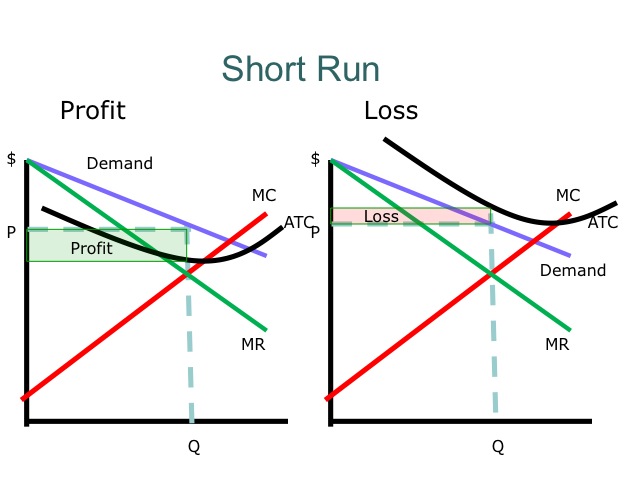Hi, I'm new to this board and I'm just looking to get some insight into the real world of filmmaking. I've noticed through doing research and talking to some people that a lot of aspiring directors' attitudes seem to be that you have to grind for years doing low level jobs just to get an opportunity to make a film, and even then a lot of directors seem to just want an opportunity to direct someone else's script rather than their own.
What I'm wondering is, considering how cheap and easy filmmaking can be these days, why don't more aspiring directors just write their own low budget script and make their debut feature? Then send it to festivals and out on the internet. It seems like this is essentially what the Coen Brothers did back in the 1980's, except back then there was no internet and filming was a lot more expensive, which makes it all the more impressive that they achieved that.
I guess an extension of my question would be, why aren't there more young directors? The youngest director to win Best Director was in his early 30's and that was back in the 1930's. Shouldn't it be easier than ever for young directors to actually be successful now?
What I'm wondering is, considering how cheap and easy filmmaking can be these days, why don't more aspiring directors just write their own low budget script and make their debut feature? Then send it to festivals and out on the internet. It seems like this is essentially what the Coen Brothers did back in the 1980's, except back then there was no internet and filming was a lot more expensive, which makes it all the more impressive that they achieved that.
I guess an extension of my question would be, why aren't there more young directors? The youngest director to win Best Director was in his early 30's and that was back in the 1930's. Shouldn't it be easier than ever for young directors to actually be successful now?




